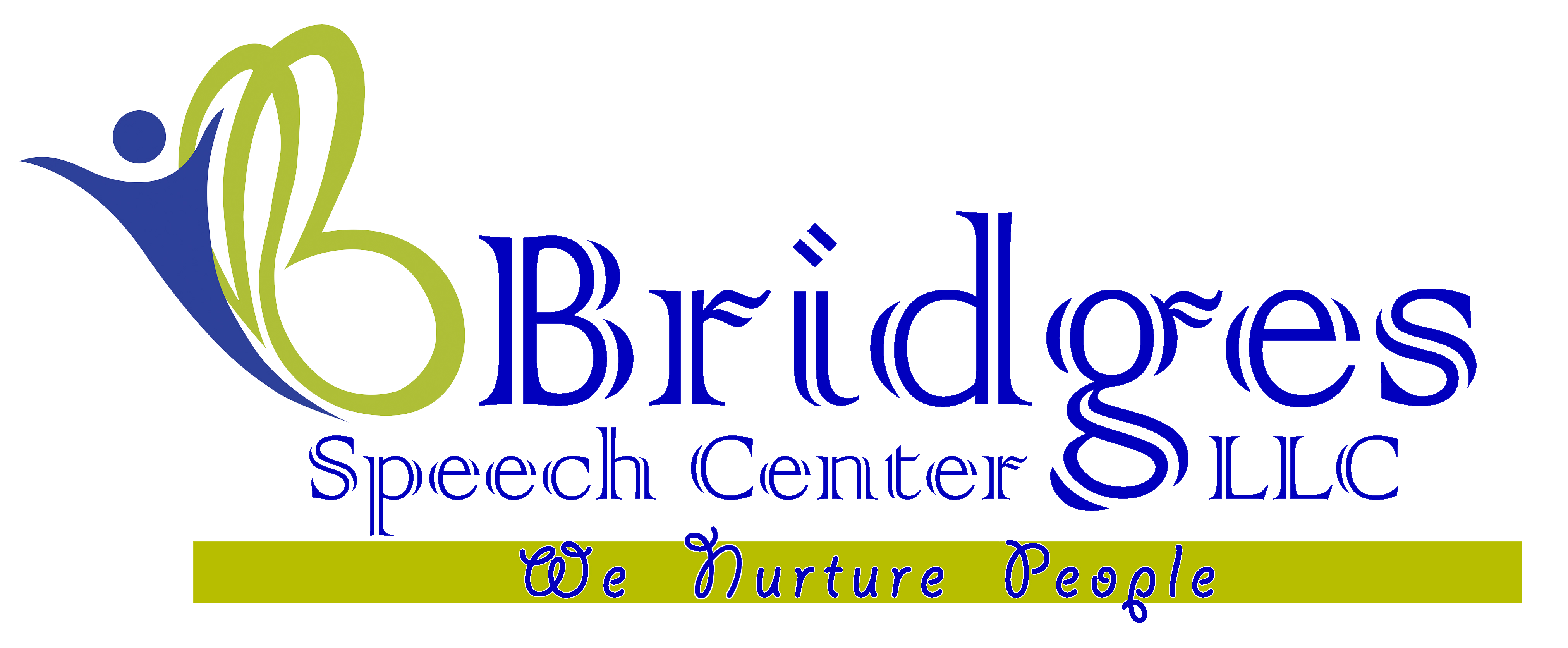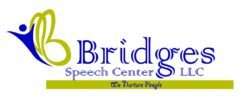
Every year an estimated 15 million people worldwide experience a stroke, and close to five million are left with long-term disabilities that dramatically change daily life. Early, well-planned stroke and rehabilitation can mean the difference between lifelong dependence and a return to meaningful activity. At Bridges Speech Center in Dubai, an interdisciplinary team of physiotherapists, speech-language pathologists, occupational therapists and psychologists guide families through this crucial journey.
Speech Centre Dubai has served the community for over a decade, blending evidence-based practice with genuine compassion. Whether you need intensive inpatient care or flexible home visits, the Center crafts programs that fit real-world schedules and cultural needs.
Stroke often leaves survivors struggling to speak or swallow. That is why our dedicated Speech therapy Dubai service is embedded in every recovery plan. Therapists use proven language-retraining methods, technology-assisted feedback and family coaching to rebuild communication step by step.
Complex cases such as hemiplegia, ataxia or severe spasticity benefit from targeted Neurological Physiotherapy Treatment in Dubai. Techniques like task-oriented training and proprioceptive neuromuscular facilitation re-educate muscle groups, helping clients sit, stand and eventually walk safely again.
For ongoing mobility issues, our wider network offers comprehensive Physiotherapy treatment in Dubai. Sessions focus on balance retraining, cardiopulmonary endurance and adaptive strategies so survivors can navigate busy malls or Dubai’s beachfront with renewed confidence.
Why Is Early Stroke and Rehabilitation Critical?
Within the first 48 hours after a stroke, the brain enters a “golden window” of heightened plasticity. Research shows that patients who start multidisciplinary therapy within one week are 2.5 times more likely to regain independent walking by three months. Delaying intervention often leads to muscle shortening, contractures and learned non-use.
Key benefits of a prompt stroke and rehabilitation plan include:
- Preventing secondary complications such as pressure sores and deep-vein thrombosis
- Preserving range of motion and cardiovascular health
- Accelerating neuroplastic re-routing of speech, motor and cognitive functions
- Reducing hospital length of stay by an average of 11 days (World Stroke Organization, 2023)
The Four Pillars of Successful Stroke Recovery
1. Medical Stabilization and Goal Setting
Before any active therapy begins, doctors stabilize blood pressure, glucose levels and clotting risk. Once medically fit, the client, family and therapists agree on short- and long-term goals crucial for motivation during post stroke rehabilitation.
2. Task-Specific Physiotherapy
Evidence shows that practicing real-world actions such as standing from a chair rewires motor pathways faster than generic gym exercises. Our clinicians start task-oriented training as soon as the client can tolerate upright positions.
Stroke rehabilitation exercises frequently prescribed in the first month include:
|
Goal |
Sample Exercise |
Recommended Dosage |
|
Trunk stability |
Seated weight shifts |
10 reps × 3 sets, twice daily |
|
Arm activation |
Mirror therapy for wrist flexion |
15 min sessions, 2×/day |
|
Gait initiation |
Supported treadmill walking |
20 min, 3×/week |
3. Communication and Swallowing Therapy
Up to 40 % of survivors develop aphasia while another 50 % report dysphagia. Our speech-language pathologists incorporate Melodic Intonation Therapy, oral-motor strengthening and functional conversation practice. Family members learn cueing strategies to keep everyday chats flowing, an essential part of holistic stroke rehabilitation.
4. Psychosocial and Cognitive Support
Depression affects roughly one-third of stroke survivors. Bridges Speech Center integrates counseling, mindfulness and computerized cognitive training to restore memory, attention and problem-solving skills.
Home-Based Stroke and Rehabilitation: Bridging Clinic and Community
Dubai’s fast-paced lifestyle can make daily clinic visits impractical. Home programs supervised by our therapists bring equipment and expertise directly to your living room. A study confirmed that structured home physiotherapy improves self-care scores by 18 % compared with usual care.
Popular home stroke rehabilitation exercises you can expect:
- Kitchen-counter push-ups to strengthen shoulder girdle
- Step-box practice on apartment stairs for balance
- Cognitive apps on a tablet to rebuild sequencing and planning
Technology That Accelerates Recovery
- Robotic gait trainers gently guide leg movement, allowing up to 1,000 steps per session far more than manual therapy alone.
- Functional Electrical Stimulation (FES) activates weakened muscles during walking or grasp tasks, shortening post-stroke rehabilitation timeframes.
- Virtual-reality headsets provide immersive worlds where patients “reach” for fruit or “drive” a car making repetitive drills engaging.
Nutrition and Lifestyle: The Hidden Allies
A Mediterranean-style diet rich in olive oil, fish and leafy greens cuts recurrent stroke risk by 30 %. Regular aerobic exercise at least 150 minutes per week improves neurogenesis and cardiovascular endurance. Our dietitians collaborate with the Best Physiotherapy Clinic in Dubai to design meal and movement plans you can sustain.
Pediatric and Geriatric Considerations
Strokes in children are rare, demand age-appropriate play therapy and family education, available through our dedicated Pediatric and Geriatric Physiotherapy team. Older adults may require fall-proofing the home and caregiver-manual handling training.
Ready to Begin Your Journey?
A tailored stroke and rehabilitation program is the surest route back to independence. Contact Bridges Speech Center to book a comprehensive assessment. Together we will rebuild strength, speech and confidence one milestone at a time.
Frequently Asked Questions
How soon should therapy start after a stroke?
Ideally within the first week once doctors say you are medically stable.
Is recovery possible years after my stroke?
Yes. Brain plasticity never stops. Focused stroke rehabilitation can still yield gains even after two years.
What if I can’t attend clinic sessions?
Home-based and telehealth services ensure you receive the same quality care remotely.
Ideally within the first week once doctors say you are medically stable.
Yes. Brain plasticity never stops. Focused stroke rehabilitation can still yield gains even after two years.
Home-based and telehealth services ensure you receive the same quality care remotely.

